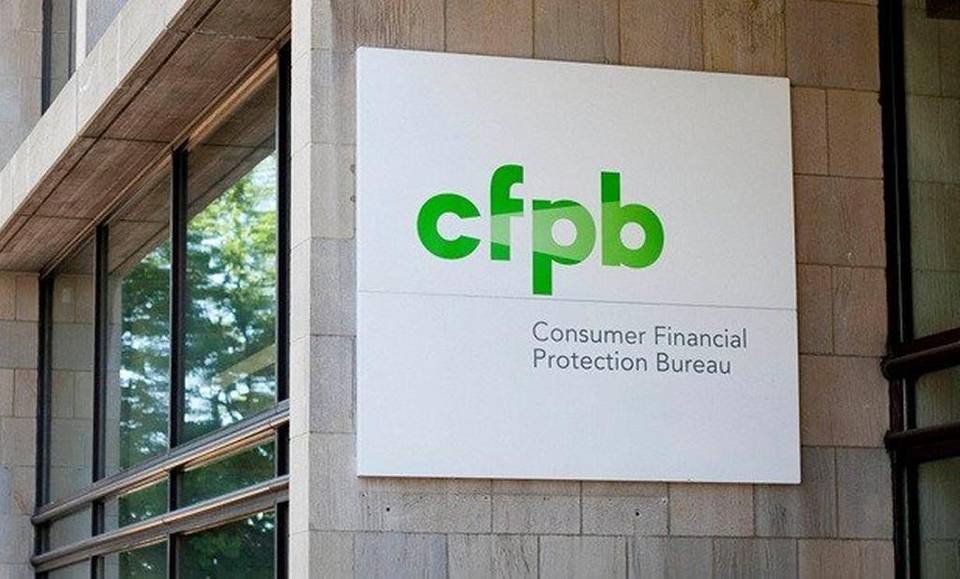The Consumer Financial Protection Bureau has planned to adopt a rule that would prohibit financial firms from forcing Americans into arbitration in disputes over their bank and credit card accounts. This rule will affect millions of Americans, as they are no longer subject to the whims of financial firms and their exploitative measures the isolate individuals in order to make a profit.
Consumers are now able to band together in class-action lawsuits that could cost banks and other financial firms billions of dollars. The new rule, which is predicted to take effect next year should no major obstacles arise, is expected to create serious tensions. Both the Trump administration and House Republicans have pushed to restrict the consumer finance agency as part of an effort to lighten regulation on the financial industry. This rule will counteract against the aforementioned efforts, granting more power and protection to consumers at the expense of the financial industry.
The director of the consumer agency, Richard Cordray, stated that the ruling is following the spirit that a no one should escape accountability if they break the law, regardless of how large or powerful the individual in question may be. The rule has already faced opposition, as Representative Jeb Hensarling, a Texan Republican who has been trying to weaken the consumer agency, has stated that the rule should be rejected. Hensarling quotes that the “American people voted to drain the D.C. swamp of capricious, unaccountable bureaucrats who wish to control their lives,” which is ironic considering that the rule is an attempt to prevent financial firms from controlling the lives of ‘ordinary’ Americans.
Regardless of the opposition, the rule will be difficult to nullify due to populist appeal. There has been nationwide criticism of arbitration clauses that enable corporations to circumvent courts and take away the tools that fight abusive practices. Instead, the rule will dismantle a series of legal maneuvers that allow major American companies to block customers from going to court to fight potentially harmful business practices.
The consumer agency itself has fallen under strict supervision and criticism by pro-business groups, arguing from a political standpoint that the rule is a quality of life improvement for class-action lawyers, who more often than not donate Democratically. Similar opposition has been the request that the president remove Cordray as director to an overreach of regulation. However, supporters of the agency agree that arbitration being independent from corporate interests is a priority that needs to be addressed.
The consequences of this rule is that corporations will no longer be able to use fine print in their contracts to force consumers into secretive arbitration that pits borrowers against powerful companies with deep pockets. Most people would abandon their claims due to a lack of resources, leaving the companies free to bully customers. Example class-action lawsuits that have been limited due to arbitration include predatory lending, wage theft, sexual discrimination and medical malpractice. What reinforces this practice is that it is practically impossible to apply for a credit card, rent a car, or shop online without agreeing to private arbitration. The rule balances the scales, by enabling people to band together and pool resources.
While the protections do not apply to existing accounts, consumers would be able to pay off old loans and open new accounts that do fall under the protection of the new rule, which has the potential for a considerable impact on consumer finance. While this rule will not explicitly outlaw arbitration, this new practice is expected to effectively kill the process.
The point of class-action lawsuits is not to give people a big payout but rather results in a small payout to individuals who are part of a larger group. The intention is that the companies pay large fines to put an end to abusive practices, and provides individuals with a voice and a community that ensures that no party is being exploited. Should this rule go through, consumer finance and the way banks and financial firms conduct businesses will face major changes?




























Comment Template